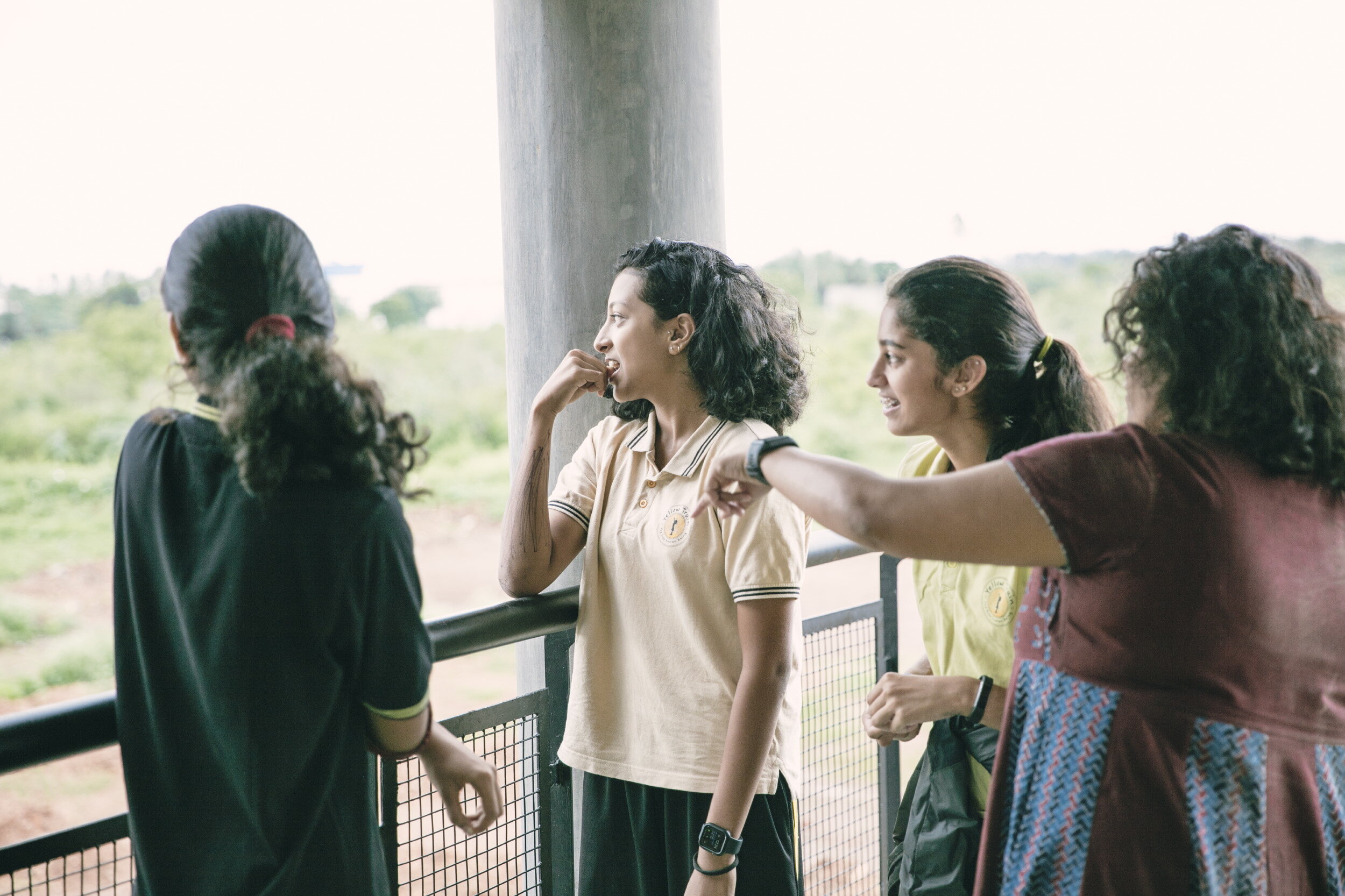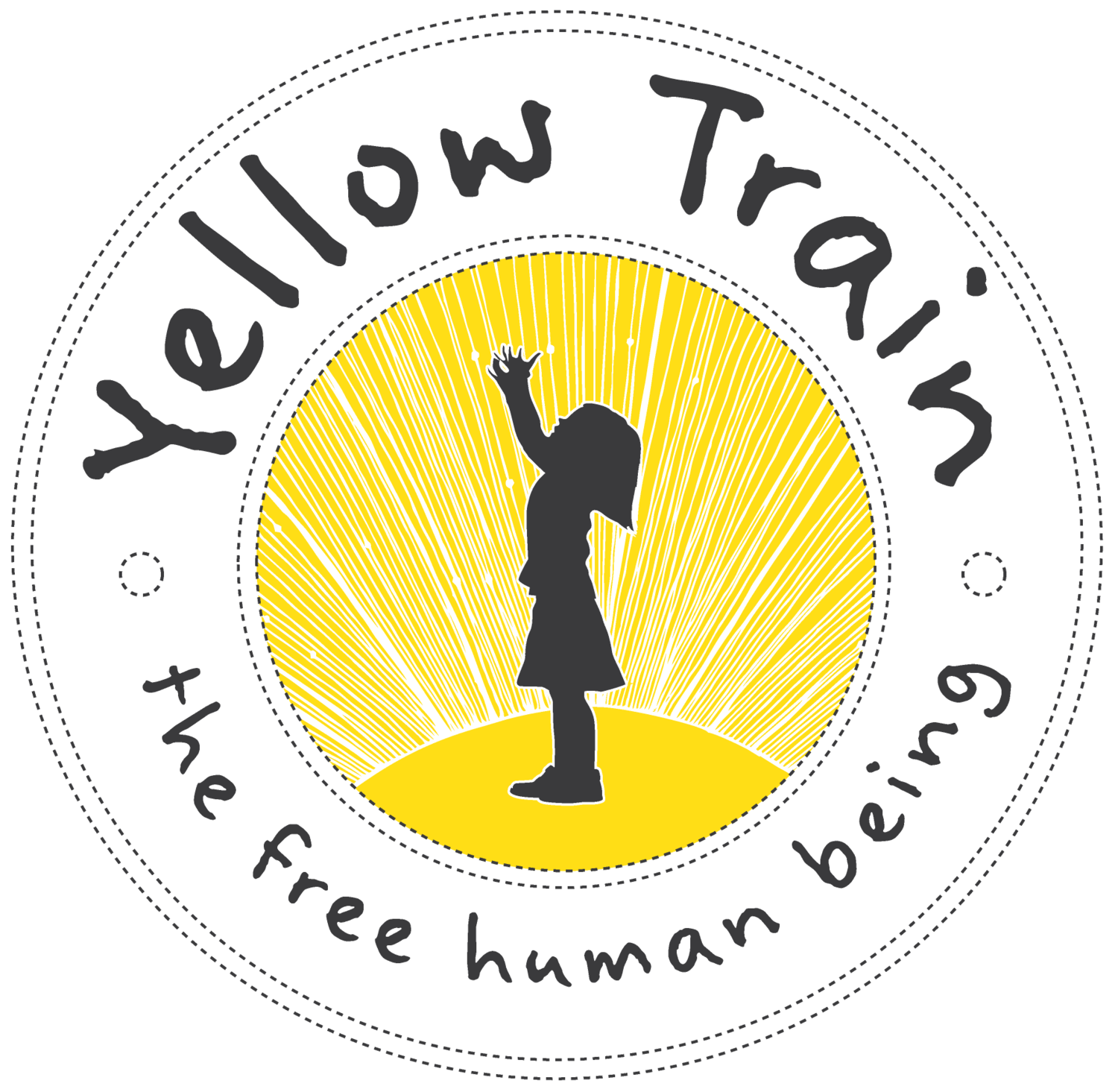
Our highest endeavor must be to develop free human beings who are able of themselves to impart purpose and direction to their lives. The need for imagination, a sense of truth, and a feeling of responsibility – these three forces are the very nerve of education.
Rudolf Steiner
The Senior School Program
Self governed study, lectures and lab work
Corporate internships and in-school responsibilities
Travel, community service and social enterprise projects
Initiative, ownership and self discovery
Young adults who question the meaning of life
Young adults who seek their unfolding destiny
A curriculum that supports the emerging of 'The Individual'
This is our Senior School Program
“When children come to the age of puberty, it is necessary to awaken within them an extraordinarily great interest in the world outside of themselves. Through the whole way in which they are educated, they must be led to look out into the world round them and into all its laws, its course, causes and effects into human intentions and goals – not only into human beings, but into everything, even into a piece of music, for instance. All this must be brought to them in such a way that it can resound on and on within them – so that questions about nature, about the cosmos and the entire world, about the human soul, questions of history – so that riddles arise in their youthful souls”
Know Thyself – The Higher Secondary ‘A Level’ Program
Delving deeper into the curriculum and the child, and emerging with knowledge and creating an identity for the young adult to meet the world. This will be the focus of the program. The intense and in depth nature of the Advanced Level Program of the Edexcel board is supplemented by life experiences of travel, work and self discovery.
Who is this Young adult?
The student who begins his journey in Grade One at ground level of the tower and climbs to the top through a long spiral staircase in the higher secondary years is now ready to push open the trap door in the roof of the tower and step out onto the open turret. Now, for the first time, they can survey the full panorama of the landscape that they had previously glimpsed from the preceding perspectives. Their vision seems to broaden as their thinking deepens.
In the Eleventh Grade the student begins to question the meaning of life, in the Twelfth Grade he may come to the assurance that the ultimate answer rests in man himself. Rather than being confronted by the outer world and feeling hostile to it, they start to connect with aspects of the environment, striving to find a moral direction. They are more able to see the complexity of the world, find ways to accept it, and to compromise. They approach life from within outwards.
One of the main ways adolescents awaken to their thinking is through the curriculum. During this time, the adolescent meets the world through his or her intellect. All the living pictures that had previously been given in the lower school were seeds for this new understanding.
As high school students become more active in their learning, they begin to explore new aspects of themselves, new possibilities that relate to their own destiny. Is this an area that sparks an interest they want to follow? Where will this lead them? What skills have they learned by working together in small groups? What have they gained in terms of connecting with the problems of our time? Especially with the students in 11th and 12th grades, the opportunities to look into themselves awaken new perspectives and possibilities.
The Intent of the Program
Students in the program are seen as 'young adults' and greater accountability is expected of them in terms of understanding and sustaining the ethos of the program. The program will be largely student-driven under the guidance of able Mentors; mode of delivery would be a blend of lectures, tutorials, laboratory work and mentoring to enable a fair bit of self learning by the student themselves. Throughout the program students will be expected to undertake substantial work outside of the classroom. There is an expectation to take the initiative and go beyond the set reading to read around and consolidate your understanding. Beyond the academic subjects, the students will be exposed to internship, responsibilities in school, learning and travel opportunities outside school whilst building a solid portfolio towards their further education.
The internship is aimed to enable students to acquire some valuable practical experience of working in both the corporate and social scenarios. The internship is designed to develop a sense of accountability, self-reliance and work ethics, which are requisite skills as they go out and meet life. It also gives them glimpse of varied vocations and their aptitude to it.
Like the horizon that beckoned Columbus, calling him to venture beyond its visible edge, the dimensions of the classroom are vastly enlarged to embrace the furthest reaches of the students own imagination and interest. The student is launched into projects and assignments in addition to one individually conceived and executed project.
The intent of the program is to build capacity in the learner to grow and discover oneself and unleash full potential when they meet the world. Mode of delivery would be a blend of lectures, tutorials, laboratory work and mentoring to enable a fair bit of self learning by the student themselves
The IAL
The IA Levels (International Advanced Levels) are international school leaving qualifications of UK. The School is affiliated to the Cambridge (CIE) and the Pearson Edexcel Board. Students typically study four A Level subjects over two years.
The first year is called the Advanced Subsidiary level, or AS Level.
The second year is known as the A2 Level. The AS Level is a qualification in its own right, and the AS Level combined with the A2 Level form the complete A-Level qualification.
A Levels are accepted by every university in the UK, and recognised worldwide. In India, the AIU (Association of Indian Universities) has officially recognized IGCSE and IAL in India and therefore students passing out of this Board will have access to Universities in India and across the globe. The main features of the program are internationally accepted Robust Curriculum, assessment and positioning, and access to worldwide resources and learning aids. It offers a range of Subjects under the following categories Languages, Humanities, Science, Maths and Arts. The learning objectives, content and assessments are intensely application oriented and therefore prepare the students for meeting the demands of the real world and work environment.
The papers offered at YT are
English
Physics
Mathematics
Chemistry
Psychology
Biology
Business Studies
Economics
ICT ( Information and Communication Technology)
Art and Design
Students appear for exams at the end of each year in Mar/Apr.
The Mentors
Professionals and Educators from a variety of fields with rich and diverse experience serve as Guardians and mentors of the program. Their combined wealth of knowledge, guidance and aspirations for the students will be a cutting edge advantage for the students.
Facets of the Program - The 2 year Curriculum
4 International Advanced Levels Subjects
Travel and Education - A Planned travel within the country for a span of 8 weeks which is both budgeted by and with funds raised by the student.
Mentoring and Internship – Upto 6 Weeks of Internship with a Corporate Enterprise
In school Responsibility - Commitment to supporting the school as a teaching assistant, administration assistant or engaged in farm work in the school.
Project / Research and Portfolio - Individual Project Qualifications require pupils to carry out research on a topic they have chosen. They can choose almost any topic, so long as it can be researched. They then use this research to produce a written report, or, in the case of practical projects, an artefact or a production. A pupil can take inspiration from something studied in class or something completely unrelated to their studies.The students have to prepare and give a presentation about the project and process (including a Q&A session). The presentation provides candidates with an opportunity to tell the story of their project journey, from initial project choice right through to final reflections. Building a portfolio through in and out of school experiences over the 2 years.
Self Discovery and Out of classroom learning - Staying over at school once a week for dialogues, discussions and work around personal leadership and self- development. Mini retreats, to retract from the fast paced routines and make conscious time for reflections. Saturday morning treks to build strength and resilience within and friendship and camaraderie in the group. Once a month movie nights, some fun, some insightful, all memorable.
Movement and Performing Arts
The young adult, through transforming his or her own understanding, own heart, and own will with the curriculum, artfully moves ahead, to something actually experienced at the end of adolescence and at the beginning of adulthood - the emergence of the I AM.
Our Alumni have moved far and beyond, read their stories here
FEAR
Khalil Gibran
It is said that before entering the sea
a river trembles with fear.
She looks back at the path she has traveled,
from the peaks of the mountains,
the long winding road crossing forests and villages.
And in front of her,
she sees an ocean so vast,
that to enter
there seems nothing more than to disappear forever.
But there is no other way.
The river can not go back.
Nobody can go back.
To go back is impossible in existence.
The river needs to take the risk
of entering the ocean
because only then will fear disappear,
because that’s where the river will know
it’s not about disappearing into the ocean,
but of becoming the ocean.




